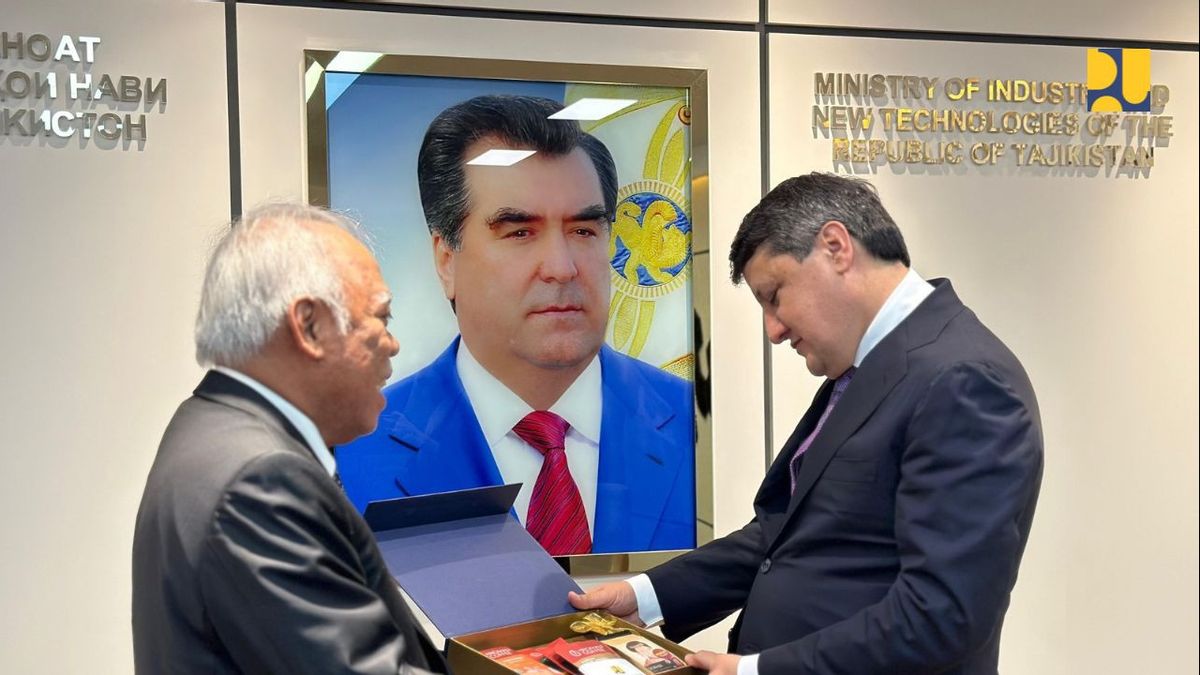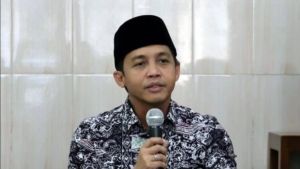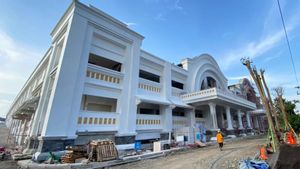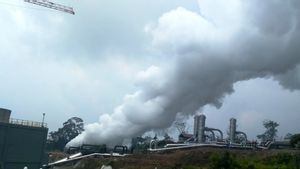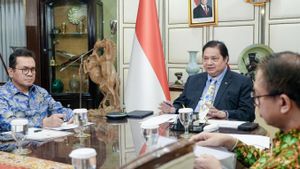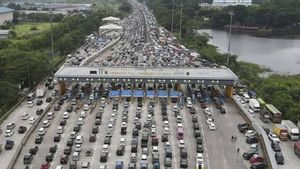JAKARTA - Minister of Public Works and Public Housing (PUPR) Basuki Hadimuljono said the Indonesian government opened opportunities for cooperation in the industrial and infrastructure sector with Tajikistan.
"In the industrial sector, the Government of Indonesia through the Ministry of Industry is open to increasing business interactions and cooperation between the two countries. Especially in the field of mining and mineral development. We will coordinate with the Minister of Industry to follow up on cooperation," Minister Basuki said in a written statement, quoted on Tuesday, June 11.
During a working visit to the Republic of Tajikistan to attend The 3rd Dushanbe Water Action Decade Conference, Basuki Hadimuljono accompanied by Indonesian Ambassadors to the Republic of Tajikistan and Kazakhstan Fadjroel Rachman held a bilateral meeting with the Minister of Industry and New Technology of the Republic of Tajikistan Sherali Kabir.
At this meeting, Basuki expressed his appreciation to the Government of Tajikistan for the implementation of The 3rd Dushanbe Water Action Decade Conference, and also thanked the good speech and cooperation with the Government of Indonesia. Moreover, this year is a celebration of 30 years of diplomatic relations between Indonesia and TAjikistan.
"Congratulations on the implementation of The 3rd Dushanbe Water Action Decade Conference. This meeting is a good momentum for Indonesia and Tajikistan to strengthen cooperation and make significant progress. Especially after the presence of the Prime Minister and the Tajikistan delegation who had a considerable impact on the 10th World Water Forum in Bali, Indonesia," he said.
The Indonesian government also appreciates Tajikistan for its experience in the development and rehabilitation of hydroelectric power plants (PLTA).
Tajikistan has a Nurek hydropower plant with an installed capacity of more than 3,000 megawatts, which can generate about 50 percent of the total annual energy needs in Tajikistan. Installation of new turbines during rehabilitation projects also increased benefits by up to 35 years and increased capacity from 40 MW to 375 MW.
"Indonesia wants to achieve net zero carbon by implementing a transition of renewable energy sources that can be achieved, one of which is through the construction of a hydropower dam," said Basuki.
As for 2024, Indonesia has built about 240 large dams with the most dams in Java, Sulawesi and Nusa Tenggara. "According to the 2021-2030 Electric Power Supply Business Plan (RUPTL), the potential for hydropower in Indonesia has the potential to increase to 16,027 MW," he said.
SEE ALSO:
Furthermore, Basuki appreciated Tajikistan for having a roadmap of achieving carbon neutrality by 2050, and one of which has been realized by utilizing and expanding large hydropower, replacing coal-fueled power plants.
By 2020, hydropower has accounted for 98 percent of Tajikistan's power generation and reduced large carbon emissions.
Following the best international practice including Tajikistan, Basuki said that the Development of the Capital City of the Archipelago (IKN) will also apply green energy. One of them is by utilizing water power.
"This concept is expected to have implications for the economy and living standards of the community, although it will have the special costs and investments needed for its realization," he concluded.
The English, Chinese, Japanese, Arabic, and French versions are automatically generated by the AI. So there may still be inaccuracies in translating, please always see Indonesian as our main language. (system supported by DigitalSiber.id)
